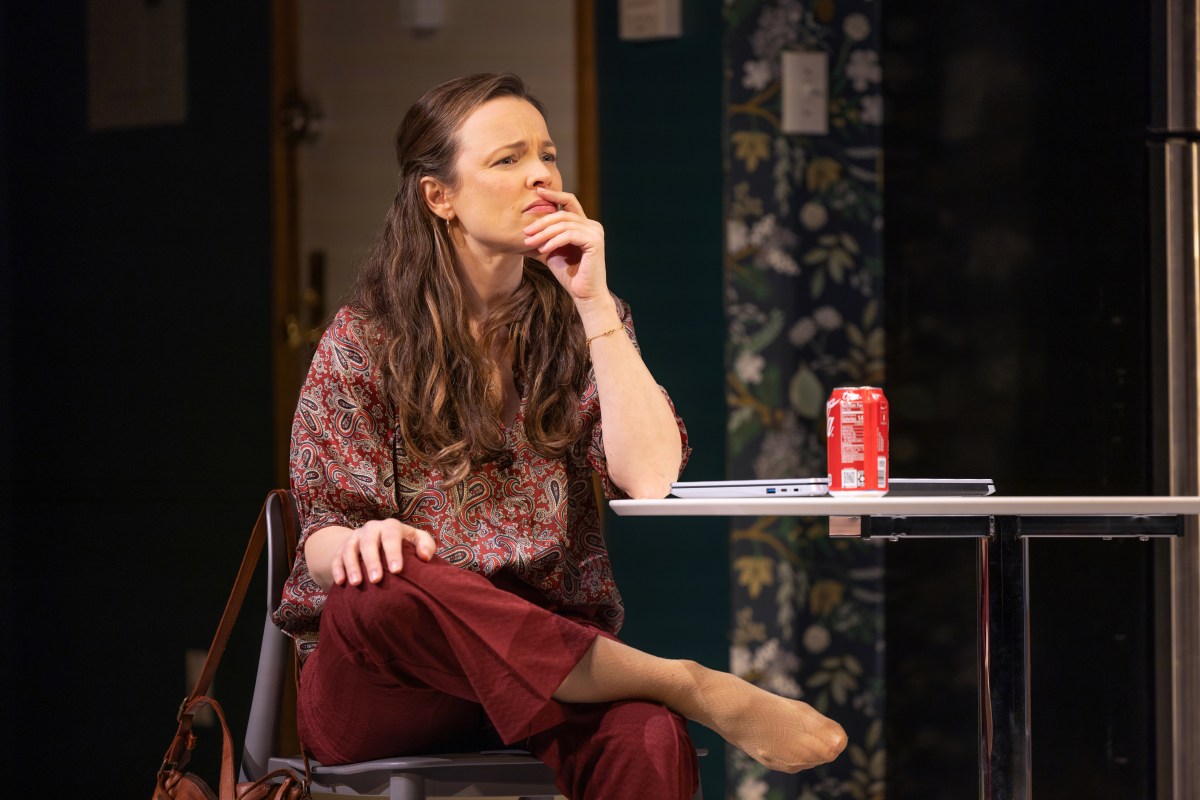Natalie Portman has achieved what few actors have: She’s appeared in multiple Terrence Malick films. The legendary filmmaker (of “Badlands,” “Days of Heaven” and “The Tree of Life”) is someone actors love to work for, even though his methods are so unusual. There is no script, and each day they show up not sure what they’ll be shooting. On top of that, there’s a chance they won’t even appear in the finished product. Portman has made the cut in both last year’s “Knight of Cups” and the new “Song to Song,” about a love triangle btween two musicians (Ryan Gosling and Rooney Mara) and an oily record producer (Michael Fassbender). Portman plays a waitress and school teacher who comes under the latter’s hedonistic sway. We talked to the Oscar-winner, 35, about what on earth it’s like to go from usual productions to something so strange and so rewarding.
Malick is famous for being spontaneous, but it’s not like you go in there with no plan. What kind of direction does he tend to give? RELATED:Review: Terrence Malick’s still got it with the intoxicating “Song to Song” How did you feel on the very first day you shot for him, back on “Knight of Cups”? Were there other kinds of material he gave you to get you into your character? So your character here is basically a Fellini character crossed with an Eliot hero? That’s a lot of reading. Neither “Middlemarch” nor “Daniel Deronda” are short books. What are the shooting days like on a Malick film? What was the first Malick film you ever watched?
He doesn’t have a specific thing he wants you to do. He wants you to surprise him, or create something in front of him. It’s almost documentary-style, but you’re still acting. [Chuckles] He gives you storylines and character traits to follow, but he’s not specific about what’s supposed to happen. You have a lot of freedom to create things. But when you’re first entering into it, because it’s so unorthodox, it takes a minute to get used to.
I was so intrigued by the whole setup, because it’s so different from how anyone else works. We get so used to the rituals of filmmaking. He deconstructs all of that. There’s no reason we need to have touch-ups every five minutes, there’s no reason we have to have continuity with location or clothing within a scene. You can disorient an audience, and that’s fine.
He provided me with a lot of information — incredible books and films. It was kind of an education as well.A lot of great Italian films, like [Federico Fellini’s] “Juliet of the Spirits” and “La Strada.” He gave me “Middlemarch,” which I’d never read before, and “Daniel Deronda.” So a lot of Italian films and a lot of Eliot.
Yeah. [chuckles] She thinks marrying can help her get out of this bad situation, sort of in a 19th century way. And then, of course, that gets her into a much more tragic situation.
But they were total, amazing discoveries for me. I’d never read Eliot before, which is crazy. It’s exactly the stuff I like, where there’s a lot of character psychology. It’s like all daunting great books, where it seems overwhelming and then you get into it and become obsessed. It’s almost like a soap opera: You’re so into all the character. You think, ‘This is juicy,’ no matter how long it is.
There is no usual day. Every day is sort of madcap. You’re searching for a view, or looking for some flash of something very beautiful. You’re all trying to work together to find it. You’re running from one location to the next and changing clothes in a van on the side of the street. Everything’s brought down to the bare essentials. It’s really fun. It feels like a bunch of punk teenagers making a movie, except they’re all really skilled masters.
“Days of Heaven” was my first. They’re all amazing, but that one is in my heart forever. It’s so beautiful.
Natalie Portman gushes about the unusual Terrence Malick
Follow Matt Prigge on Twitter @mattprigge


















